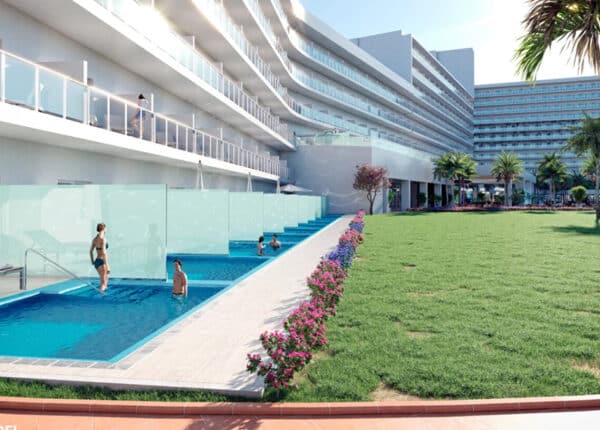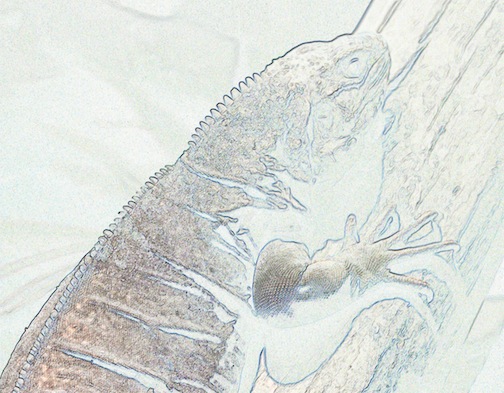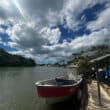By David Rowe
Op-Ed Contributor
PRIOR TO this year very few Jamaicans had ever heard of Goat Island. In fact, if you had mentioned Goat Island to many Jamaicans they would not be able to identify it as a Jamaican district.
Enter the China Harbour Engineering Company and its proposal to construct a transshipment port on that offshore Jamaican Island near Portland Bight and the Goat Island issue has become a matter of national and regional debate.
Environmentalists are concerned that a transshipment port will destroy the mangrove swamp that exists there, which is protected by the Jamaican Natural Resource Conservation Authority.
They also suggest that the construction of a transshipment port will destroy fishing which is currently available and provides a living for hundreds of Jamaican fishermen who visit the Portland Bight area.
The expression “Environmental Impact” has become an important part of the daily media-driven chatter.
People who had never heard of Goat Island and who have never fished there are suddenly seriously concerned about the environmental impact of the proposed Chinese project. Goat Island is thought to have eco-tourism potential as well, although this potential is yet to be identified or exploited.
It is not immediately clear why China wishes to build a massive shipping port on Goat Island, however it is clear that there are over 130 unique species of plant and animal life in the Goat Island Portland Bight protected area which would be fundamentally affected by a major construction project.
The Jamaica Environmental Trust is the most influential of the pro-environmental lobbying groups in Jamaica and is aggressively protecting the Portland Bight area which it says has unique wetlands, game reserves and fish sanctuaries.
Only in the wetlands will you find the Jamaican crocodile, the Jamaican iguana, which is critically endangered and several species of Jamaican birds.
This is, in fact, Jamaica’s largest protected area.
Some have even suggested the United States still controls Goat Island, dating back to a lease from the World War II era.
Was this deal even discussed properly with the US State department? And what does the prospect of a major Chinese port right on the doorstep of the United States mean for bilateral relations?
The prospect of a Chinese Nuclear Submarine nestling under the water off the coast of Ocho Rios is a palpable possibility.
This scenario would not leave the United States with many options. Will the trans-shipment Hub bring jobs for Jamaica and revive the moribund Jamaican economy? It certainly will alleviate the serious unemployment issue in the short term but what will its long-term benefits be?
Will corrupt practices by the Jamaican Government and crime make the trans-shipment hub a dream rather than reality?
And once the Chinese control Jamaica’s ports, will that last forever?
Exciting days are ahead as China elbows its way onto the Caribbean geopolitical platform. Will America revive from its diplomatic slumber in the Caribbean and draw the lines required by the Monroe Doctrine?
David P Rowe is an attorney in Jamaica and Florida and an adjunct law professor at the University of Miami School of Law in Coral Gables, Fla.
Note: the opinions expressed in Caribbean Journal Op-Eds are those of the author and do not necessarily reflect the views of the Caribbean Journal.







